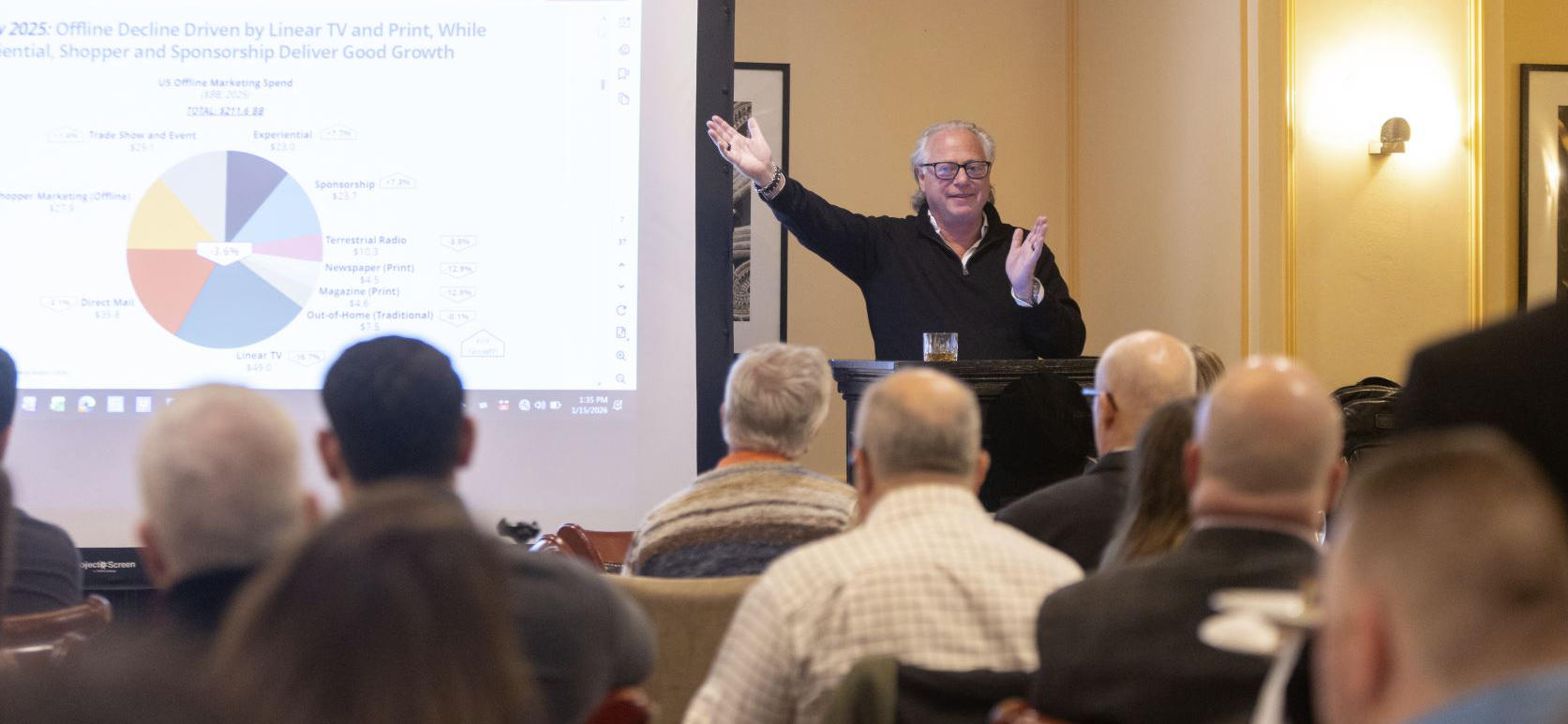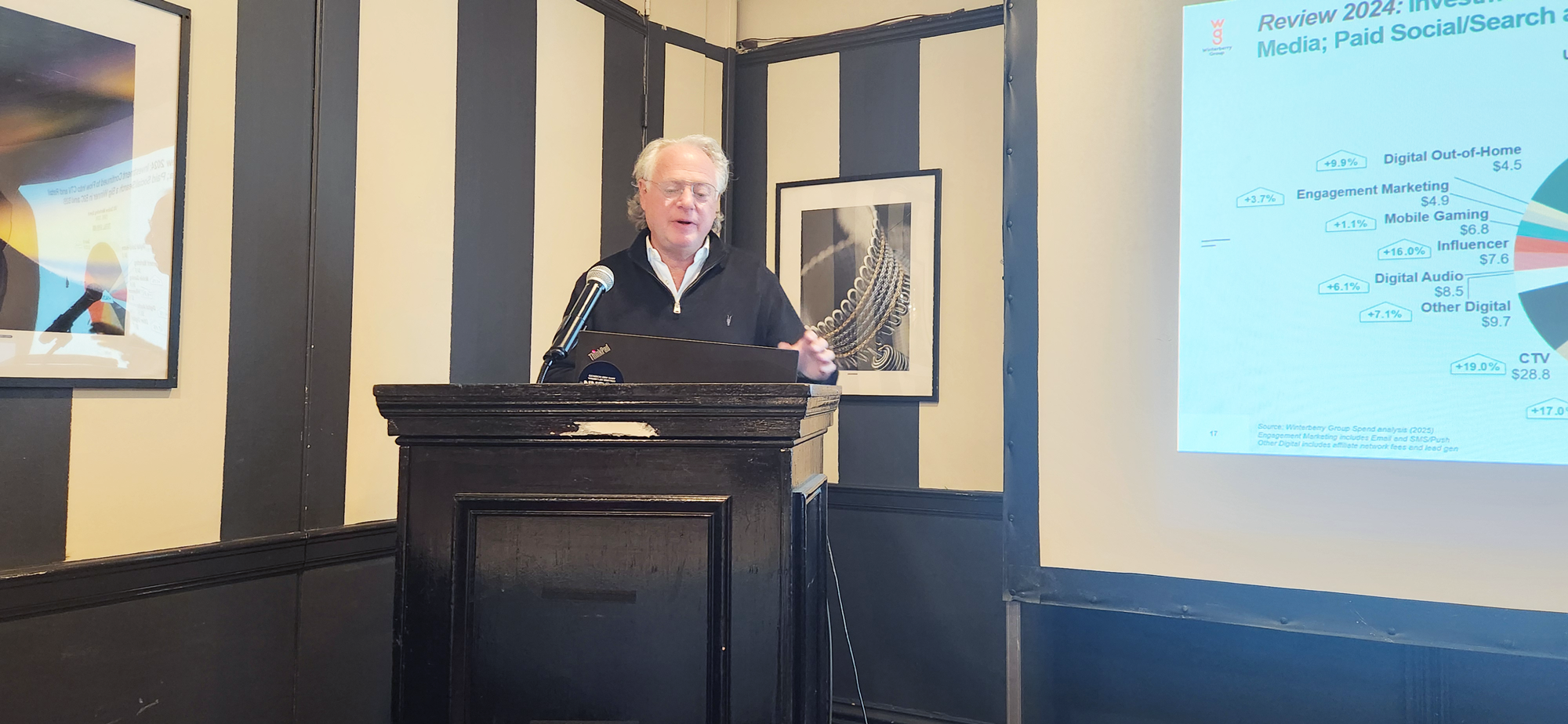

Recent consumer research from Pew Research Center shows we have some work to do persuading consumers to let us use data about them for marketing. Right now, the risks seem to outweigh the benefits, in consumers’ view. At least for now.
Marketing may be an annoyance to some — but too often, it’s conflated by consumers (and privacy advocates, and some policymakers) to our detriment into real privacy abuses, like identity theft, or hypothetical or imagined outcomes, such as higher insurance or interest rates — to which clearly marketing data has no connection.
There needs to be a bright line affixed between productive economic use of data (such as for marketing) — and unacceptable uses (such as discrimination, fraud, and other ills).
As consumers feel they have lost all data control — perhaps one might describe the current state as “post-privacy” — it is doubtful the answer to consumer trust lies in more legal notices pushed to them online. Consumers also have told Pew the emerging cascade of notices are not well understood or helpful.
When Pew explores more deeply the root of what consumers find acceptable and unacceptable, opportunities for marketers may indeed arise. For example, the study summary states:
“One aim of the data collection done by companies is for the purpose of profiling customers and potentially targeting the sale of goods and services to them, based on their traits and habits. This survey finds that 77% of Americans say they have heard or read at least a bit about how companies and other organizations use personal data to offer targeted advertisements or special deals, or to assess how risky people might be as customers. About 64% of all adults say they have seen ads or solicitations based on their personal data. And 61% of those who have seen ads based on their personal data say the ads accurately reflect their interests and characteristics at least somewhat well. (That amounts to 39% of all adults.)”
This is why regulating privacy — from self-regulation to public policy — is so challenging. A broad brush is not the right tool. We want to preserve the innovation, we want to improve consumer experiences, while giving consumers meaningful protection from data use practices that are harmful and antithetical to their interests.
An industry luminary lends her perspective
Martha Rogers, Ph.D., who coauthored the seminal book “The One to One Future”with Don Peppers in 1993, helped to usher in the customer relationship management (CRM) movement. Today, CRM often manifests itself in brands seeking to map customer journeys and to devise better customer experiences, and a lot of business investment in data and technology.
Reflecting on privacy last month in New York, Rogers said, “The truth of the matter is, we always judge ourselves by our intentions. Yet we judge others by their actual actions. The problem is that everyone is doing the same thing with us [as marketers].”
How much of that business spending resonates with consumers? “When 400 chief executive officers were asked if their companies provided superior customer experiences, 80 — that’s eight-zero — percent said ‘yes.’ Yet only 8% of customers said that companies were providing superior customer experience. Customers also judge us by our actions, not by our intentions.”
Rogers told two “surprise and delight” stories that illustrate how powerful smart data collection, analysis, and application can be.
“We need customer data to get the job done. A regular Ritz-Carlton customer I know once asked hotel staff for a hyper-allergenic pillow for his room. Now when he goes to a Ritz-Carlton, he always has a hyper-allergenic pillow in his room. He told me he just loved how the Ritz-Carlton had changed over all its pillows to hyper-allergenic ones.” Rogers said she didn’t have the heart to tell him it was just his room — and the hotel simply had recorded, honored, and anticipated his preference.
Another story came from insurer USAA. Upon returning from tours of duty in Iraq and Afghanistan, USAA sent a refund on auto insurance premiums in the form of a live check and a letter. The letter thanked the soldiers for their service, and reasoned that a car must not have been used much or at all, while a soldier was overseas — hence, the refund. “Do you know 2500 of these checks were returned by customers, uncashed?” Rogers reported, noting that many of these military families have limited means. “Wow, stay strong … keep your money — some of the policy holders said to the company. How do you compete in that category if you’re another insurance company?”
These two cases both show smart data collectoin — applied — builds customer trust and loyalty, no matter what their feelings may be about privacy, in general.
“There are three reasons why we care about privacy,” Rogers said. “One is because there are criminals out there. We don’t want to give data to the robbers or the hackers. Second is because some of us do have secrets — and I’m not naming any names. And we don’t want people knowing every blessed thing about us. And the third reason that we just want our privacy is because [our lives] can be embarrassing.”
Consumer trust is Like a pencil eraser
“Privacy in an interconnected world is a pipe dream, an oxymoron,” she continued. “Still, we have to access and use customer data to give those great customer experiences. So what happens now? We have to do things [with data] that are good for customers, and not for ourselves [as marketing organizations]. Regulations and laws are really just a floor.”
“If you want to be truly trust-able, it’s about doing things right. One lie can ruin a thousand truths,” she said. “Trust is sort of like the eraser on a pencil. It gets smaller and smaller with each mistake we make. So we have to be careful. Do things right. Do the right thing. Be proactive.”
“No matter how fantastic technology is, it can’t top that trust,” she said.
How many Ritz-Carltons and USAAs — surprise and delight — does it take to undo a Cambridge Analytica or an Equifax? I’m actually optimistic on this. Because better customer experiences, brand relevance, and resonance through data insights will continue to win. We just have to prove it, to the customer, millions of times, one by one, every day — in the very important data-driven marketing work we do.
This article first appear on Target Marketing. Reprinted with permission.

About the Author
Chet Dalzell has 25 years of public relations management and expertise in service to leading brands in consumer, donor, patient and business-to-business markets, and in the field of integrated marketing. He serves on the ANA International ECHO Awards Board of Governors, as an adviser to the Direct Marketing Club of New York, and is senior director, communications and industry relations, with the Digital Advertising Alliance. Chet loves UConn Basketball (men’s and women’s) and Nebraska Football (that’s just men, at this point), too!








